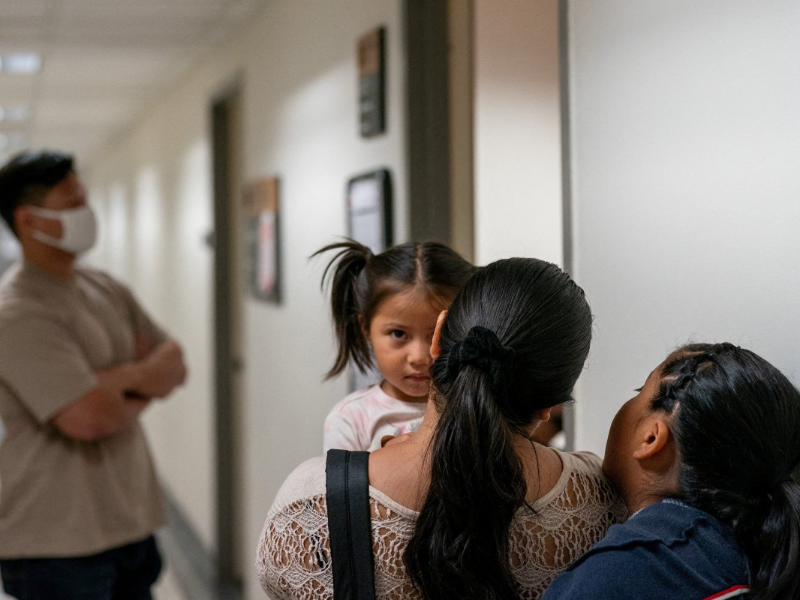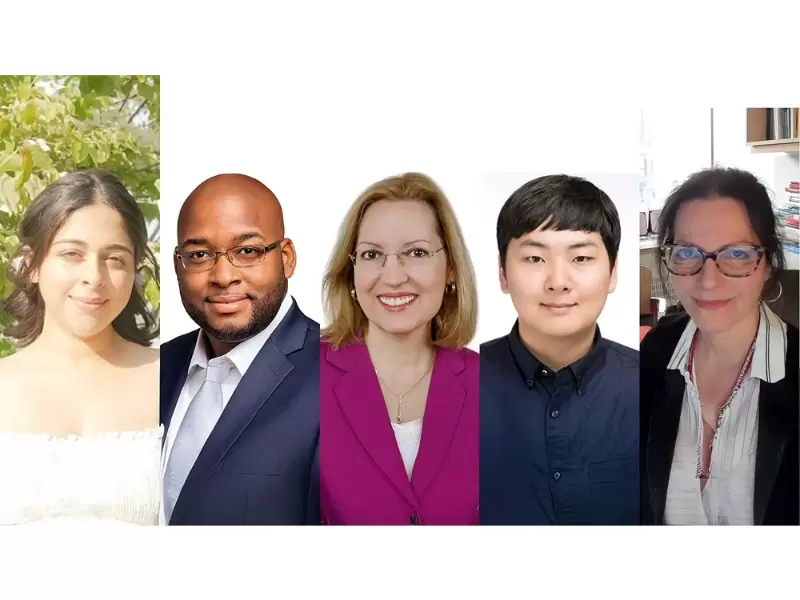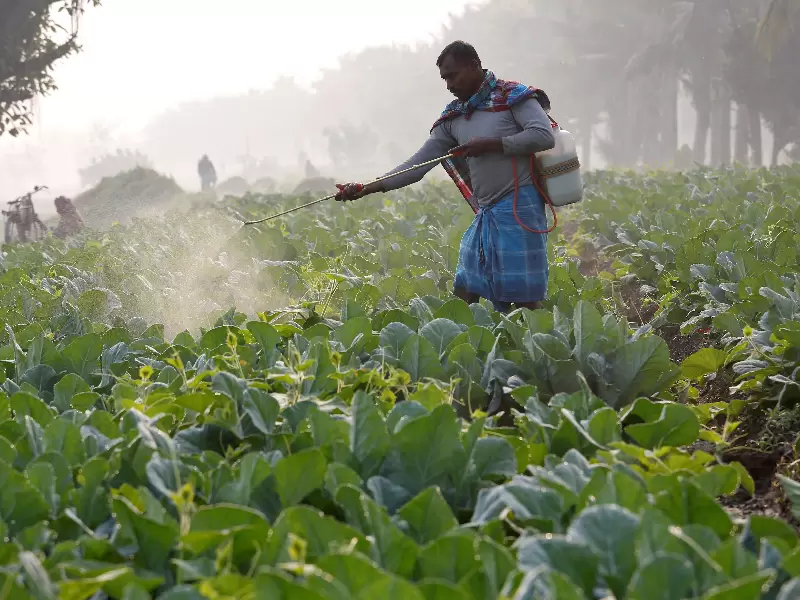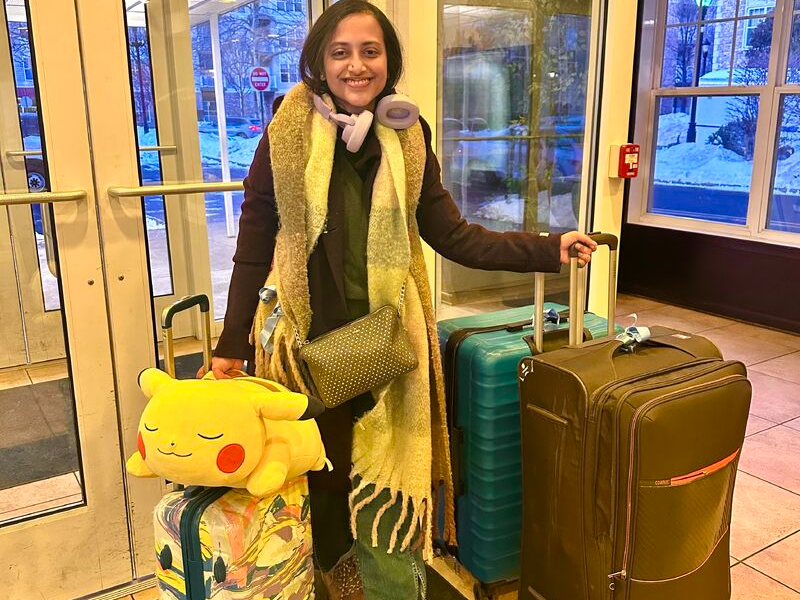Court rejects challenge to Trump ending thousands of migrants' legal status
The U.S. Supreme Court, in May, had allowed the parole terminations to take effect while the litigation played out.
 A migrant child looks on as a federal immigration officer waits to make detainments at U.S. immigration court in Manhattan, in New York City, U.S., August 28, 2025. / REUTERS/David Dee Delgado
A migrant child looks on as a federal immigration officer waits to make detainments at U.S. immigration court in Manhattan, in New York City, U.S., August 28, 2025. / REUTERS/David Dee Delgado
A federal appeals court rejected on Sept. 12 a challenge by immigrant rights advocates to the decision by U.S. President Donald Trump's administration to revoke the temporary legal status of hundreds of thousands of Cubans, Haitians, Nicaraguans and Venezuelans living in the United States.
The Boston-based 1st U.S. Circuit Court of Appeals overturned a ruling by U.S. District Judge Indira Talwani, who had decided that Homeland Security Secretary Kristi Noem lacked the discretion to end the immigration "parole" granted to about 430,000 migrants under Democratic former President Joe Biden.
ALSO READ: US judge blocks Trump from cutting migrants off from Head Start, other programs
The U.S. Supreme Court in May put Talwani's April ruling on hold, allowing the parole terminations to take effect while the litigation played out.
Judge Gustavo Gelpí, writing for a three-judge 1st Circuit panel, said Noem's action forced parolees who entered the United States lawfully to have to choose suddenly between returning to the dangers in their home countries or staying in the United States and risk being detained and deported.
But Gelpí said lawyers for a class of migrants pursuing the case had failed to make a strong showing that Noem lacked authority under a law called the Immigration and Nationality Act to categorically end their parole. All three judges on the panel were appointed by Democratic presidents.
The Biden administration, starting in 2022, let Venezuelans who entered the United States by air request a two-year parole if they passed security checks and had a U.S. financial sponsor. His administration in 2023 expanded that to Cubans, Haitians and Nicaraguans.
Between October 2022 and January 2025, about 532,000 people received grants of parole through those programs. But in March, Noem moved to terminate the parole programs, affecting about 430,000 migrants.
Esther Sung, a lawyer for the plaintiffs at the immigrant rights group Justice Action Center, called Sept 12's ruling "devastating" but narrow, adding that "there's still room for us to prevail as the litigation continues and moves to final judgment."
A Department of Homeland Security spokesperson did not immediately respond to a request for comment.
The Justice Department, in asking the 1st Circuit to overturn Talwani's decision, pointed to the Supreme Court's action staying her ruling and urged the appeals court to "reject the plaintiffs' brazen request to defy the Supreme Court."
ADVERTISEMENT
ADVERTISEMENT
E Paper
Video




 Reuters
Reuters













Comments
Start the conversation
Become a member of New India Abroad to start commenting.
Sign Up Now
Already have an account? Login